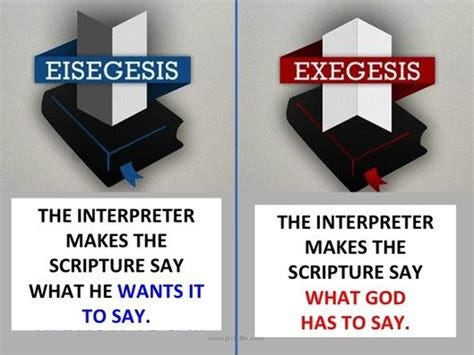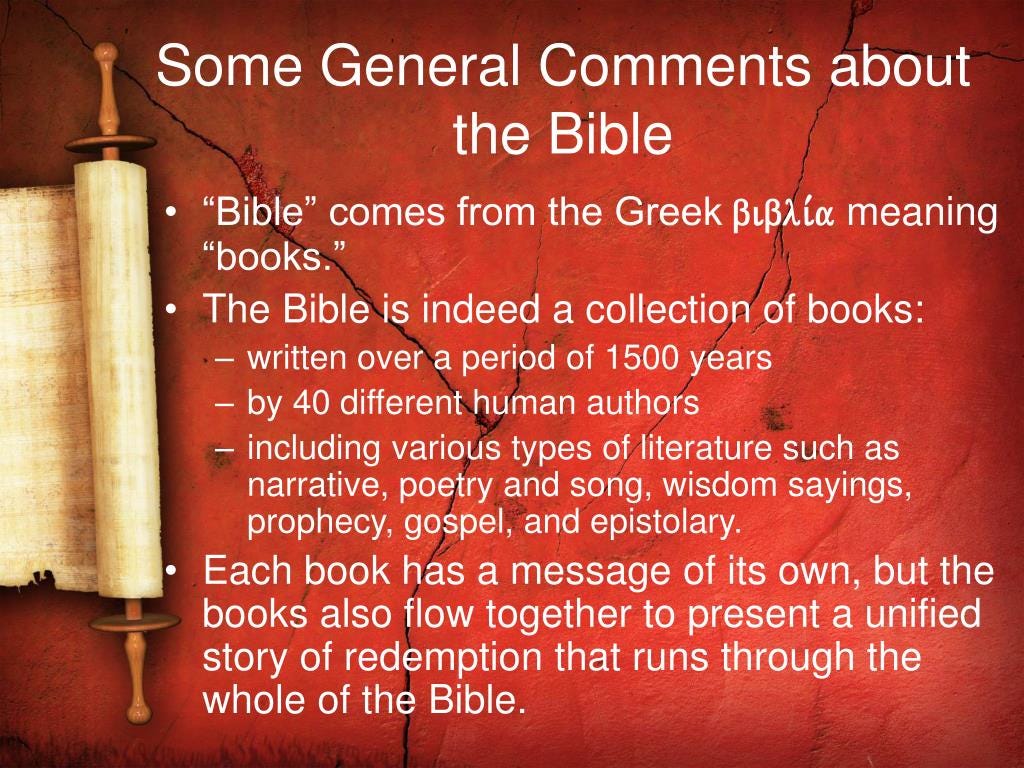In or Out?
Context is king (with a small ’k’)…
This blog will have a different flavor to it because my goal is to inspire by information in a category that some readers might not be highly interested in. If a short training on better bible study techniques is not of interest to you, that is understandable. But, you may have some friends or family who are deeply interested in this topic and have a better understanding of the Word of God, so I encourage you to share this with those who fit that parameter.
Eugene Peterson’s book, Eat This Book, was written for the above purpose. I know the opinions vary on Mr. Peterson but the following quote has some exciting intrigue to it. Eugene recounts a conversation he was having with a Jewish rabbi friend, who said:
“For us Jews, studying the Bible is more important than obeying it, because, if you don’t understand it rightly, you will obey it wrongly and your obedience will be disobedience.”
That is one of those statements that makes you lean back in your chair for a moment. The power of the truth expressed comes from the paradox it creates.

My goal in our time together here will not be to help you become a better Bible reader. My more lofty intent is that we all become better Bible livers. Living, imaging, and walking out the text should be our unified and sincere goal. This target cannot be achieved without knowing how to better grapple with the context of the text.
I was recently listening to a message by a minister I greatly respect, and love. The message was grieving my soul because nearly every verse he was using was taken completely out of context for the purpose of ‘drilling home’ his message point. This is called ‘proof-texting’ or ‘eisegesis’. It is familiar to our modern ‘sound bite’ version of Christianity-lite, and it can be VERY dangerous.
Eisegesis and exegesis are two different approaches to interpreting the Bible and building ministry from the scriptures. ‘Eis’ means ‘into’ and ‘Exe’ means ‘out of’ in Greek.
Exegesis is a method of interpreting the Bible that focuses on drawing meaning from the text itself, using the historical, cultural, and literary context to understand the author’s intended meaning and the mindset of the direct, intended audience. We should be doing this.
Eisegesis, on the other hand, is a method of interpreting the Bible that involves reading one’s own ideas, beliefs, doctrines, and feelings INTO the text, many times without regard for the historical, cultural, or literary context. I have often said that when you take the TEXT out of its CONTEXT, all you have left is a CON. This is sometimes referred to as ‘proof-texting’ or ‘making the bible say what you want it to’.

For a deeper dive on this subject, Doc Ryan (with an itty bitty bit of additions from me) wrote an extensive article on ‘Exegesis’ here.
So, let us dive in, for those that have determined to remain to this point.
In order for us to fully understand the context of the Bible, there are several categories and subcategories to consider. These categories include historical context, literary genres, cultural background, and theological interpretations… just to name a few. That is not an exhaustive list, but it is WAY more than the average reader (or non-reading Christian) would be interacting with.
- Historical Context: This involves understanding the period in which specific books or parts of scripture were written, the political and social conditions of the era, and the historical figures and events mentioned in the text. This includes understanding the different kingdoms and empires that existed during Biblical times, such as the Assyrian, Babylonian, and Roman Empires. We do not have to be geniuses of historicity, but have a general grasp of how those folks lived and thought.
- Literary Genres: The Bible comprises a wide range of literary genres, including historical narrative, poetry, prophecy, law, wisdom literature, apocalyptic literature, gospels, epistles, and more. Understanding the literary genre of a particular Biblical book or passage helps in interpreting its meaning and significance. This could get deep and complex in a hurry because there are times when multiple genres are happening together. So do not get too hung up with this, but have it floating through your mind when engaging the text and its formation.
- Cultural Background: The Bible was written in a specific, cultural context, primarily in the ancient Near East. Understanding the cultural background includes knowing about the customs, practices, and beliefs of the people of that time. This includes understanding the importance of concepts like honor and shame, purity and impurity, and the role of religion (and polytheism) in daily life. People in America a hundred years ago would not have grasped the concepts of ‘Artificial Intelligence’, and Americans a thousand years from now may never understand “Bud Lite Wokism”.
- Theological Interpretations: The Bible has been interpreted in many different ways by various Christian denominations and theologians, this is sometimes referred to as ’systematic theology’. Understanding different theological interpretations can provide a broader, or narrower perspective on the text. This includes understanding the various schools of thought within Christianity, such as Calvinism, Arminianism, and Catholicism, among others. This can also get individually murky because you will have the ‘that’s not how MY pastor taught it…’, thing going on.
Remember, the Bible is a complex and multifaceted text written by over forty authors on multiple continents over the course of about 1,500 years. Yet, all were inspired by one God who invaded these cultures with truth and moved upon these authors to miraculously create something unified and consistent. We also need to recognize that there was no single culture ‘created’ by God except Eden in Genesis chapter one and the return of Eden in Revelation 21-22. What that means is that God was ‘limited’ (I know, some will struggle with that term) somewhat due to the existing culture that He sovereignly determined to interact with. He did not ‘create’ Semitic culture, He interacted with it to move His people towards a more Edenic image. Same, same for us today… Jesus did not ‘create’ America or our culture (can I get an amen?!), but He does desire to interact with it to bring an Edenic image to the earth (same for every other nation and people group).

For example, when Luke, a biographer on Jesus’s life, begins talking about the circumstances surrounding Jesus’s birth, he opens with, “In the days of Caesar Augustus” (Luke 2:1). This would be equivalent to beginning a modern story with, “in the days of the Holocaust,” or “in the days of Pearl Harbor,” or “in the days of Martin Luther King Jr.,” or “in the days of COVID.” Nothing else would need to be said because we understand the context surrounding these recent historical events.
Thus, when Luke mentions, “Caesar Augustus,” he expects his audience to be intimately aware of the rise of the Roman Empire and its shift from a democracy to a dictator, the first of which was Caesar Augustus. Rome was sweeping up the known world with a power and vengeance virtually unseen in world history. Furthermore, it was proclaiming that their head, Caesar Augustus, was a, “divine, son of god,” who had a “gospel (good news) of peace” (known as the Pax Romana – “Peace of Rome,”) for the “salvation of humanity” through the “remission of sins.” Sound familiar? When Jesus is birthed onto the scene, there will be a clash of kingdoms. And all Luke has to write is, “In the days of Caesar Augustus.”
Brad Gray, Walking The Text
We should be regularly affected by a sort of “culture shock” as we navigate the scriptures because the people, circumstances, thinking, beliefs, lifestyles, and practices of those folks are massively different than ours. Always keep in mind that the scriptures were NOT written to you but should be read as if they are FOR you. Here are a few considerations that are absolutely necessary for proper interpretation as you study your Bible.
- Honor and Shame: This is mostly foreign to a modern reader, but would have been infinitely important to nearly every Biblical character and did influence almost every page. This sociological aspect was so prevalent in the Bible that they were virtually unmentioned, but were assumed to be fully embraced by the reader by every author. Because we basically have an honorless society today, it is hard for us to grasp most of the intended gravity of scripture
- Hellenism: The values and customs of Hellenism (Greco-Roman-Persian peoples) were nearly the direct opposite of those of the Hebrew people, especially in the New Testament settings. This is why Paul’s writings especially, have a uniqueness to them that can have a direct impact on us today. He was writing specifically from one culture to another for the expressed apostolic purpose of bringing the Kingdom of God into the kingdoms of the world.
- Community: The people groups in scripture were deeply relational and family/tribe/community relationships reigned supreme. This affiliation trumped everything else, and community took precedence over the individual (individualism did not exist in the Jewish setting and would have been appalling to them). Ironically, most of the “you’s” in the Bible are plural (especially in the New Testament). Most of us read “you” and immediately think singularly (or individually) when it should be read in good Texan as “y’all”.
The Temple or Synagogue was the center of Hebraic life: there is no such thing as separation between “church” and “state” for godly people in the Bible. For them, economics, politics, education, nationalism, military, and religious expression were all inseparable from their spiritual-based way of life. Now you can see why the religious elite were murderously enraged when Jesus overturned the money changers and critiqued the temple.
Remez: Hebrew word meaning “hint,” and it’s the practice of mentioning a keyword or phrase in teaching that would “hint” at a passage from the Tanakh (Old Testament) with the assumption that the audience would know its broader meaning and context. You have heard me call this a ‘hyperlink’ that would have been infused into most of scripture. A Remez would add greater significance, impact, and clarity to the teaching. We engage in a facet of Remez every time we use a movie line quote in conversation. When someone asks you if you are willing to join them in doing the hard thing and you say, “I’m your huckleberry” it is a form of Remez.
Biblical Hebrew includes only about 8,000 words which is a bit shy of the 400,000 or more we have in English. “Paradoxically, the richness of Hebrew comes from its poverty. Because the ancient language has so few words, each one is like an overstuffed suitcase, bulging with extra meanings that it must carry in order for the language to fully describe reality.” (Brad Gray)
What this boils down to is we cannot read Proverbs the same way we read the Chicago Sun-Times. You cannot read Paul’s letters (Greek) the same way you read the book of Numbers. We cannot read Revelation the same way you read Romans or the Gospels. These are all different types of literature, and they each have their own set of interpretive rules. If you don’t know the genre and its associated rules, you’ll likely read that text out of context and misinterpret what’s going on.
I could go on, but instead, I will attach a link to a video teaching I did recently on how to do exegesis within the ‘context is king’ dynamic. Here it is.
Here is another resource that contains a little bit of deeper information on the above points that you can read.

Again, I know today’s message is outside of my normal style, but I would ask you to consider the idea that the remnant peeps who will be properly engaging in the Great Awakening will be those who have submitted their whole soul to that high calling. Our mind is a part of our soul that gets a ‘redheaded stepchild’ attitude from some ‘spiritual’ religious folks. But, Jesus loves our mind and wants our mind to love Him back.
I would love to hear your thoughts on this…
In Great Love,
Steve

